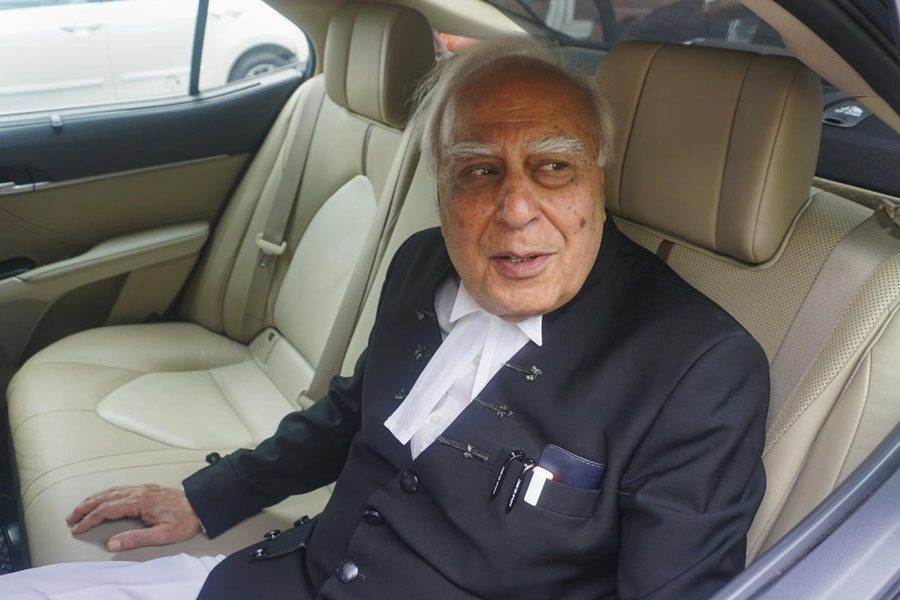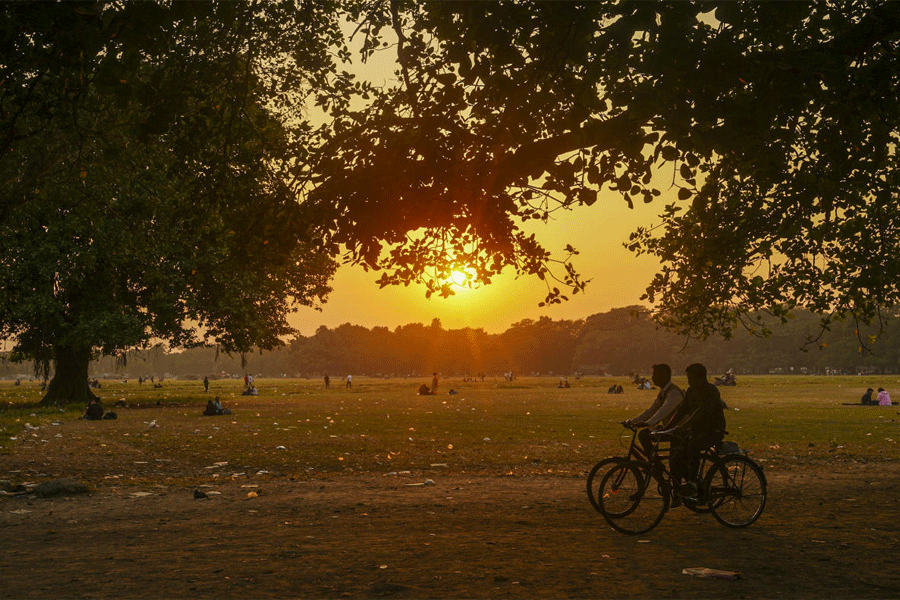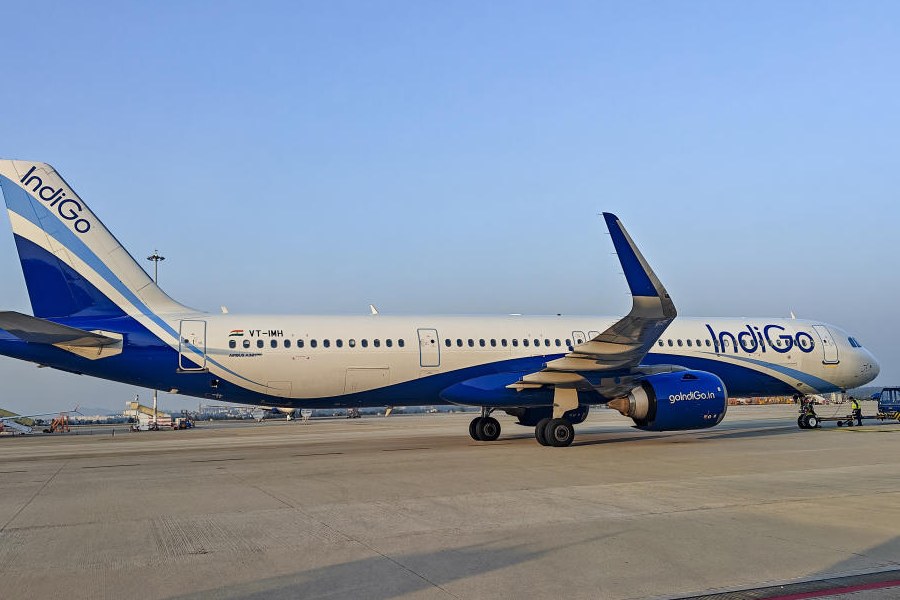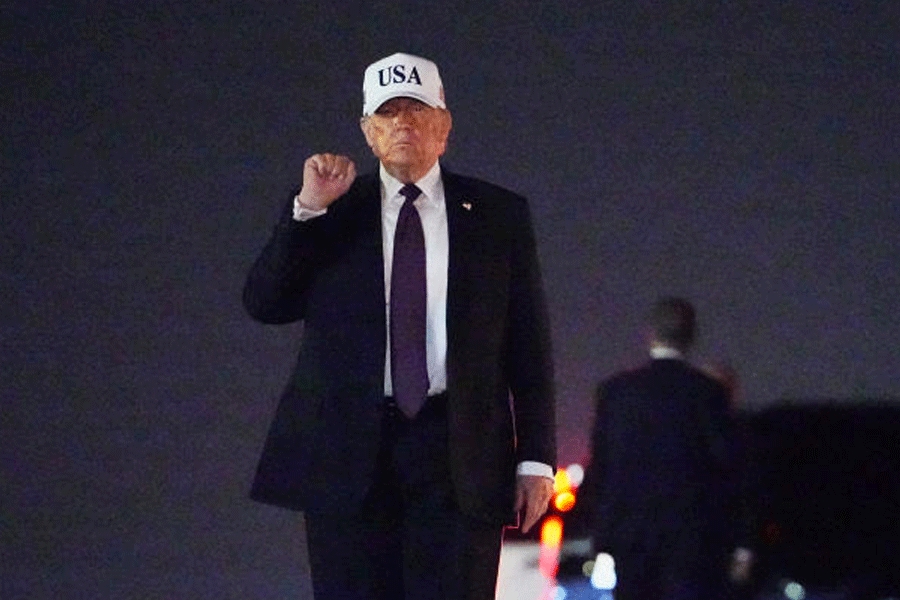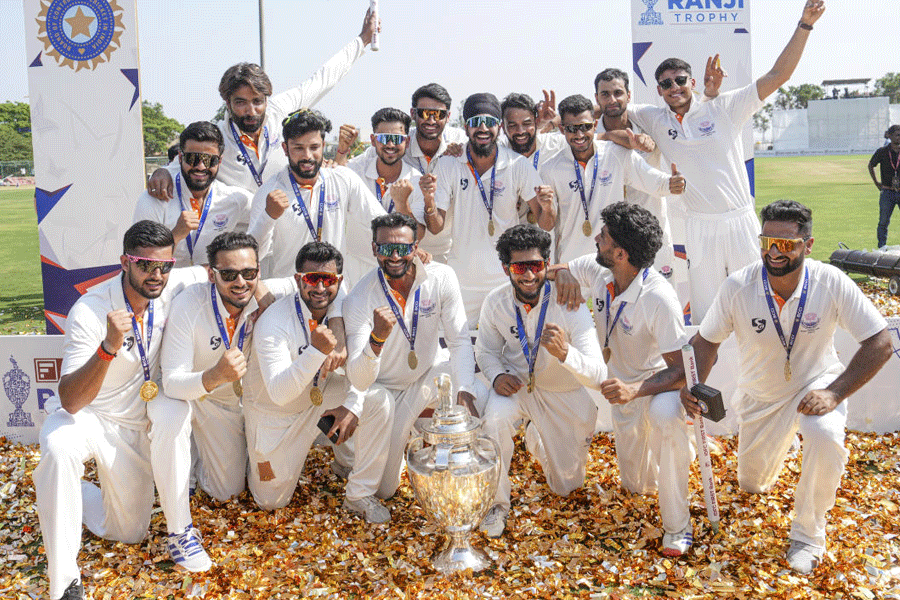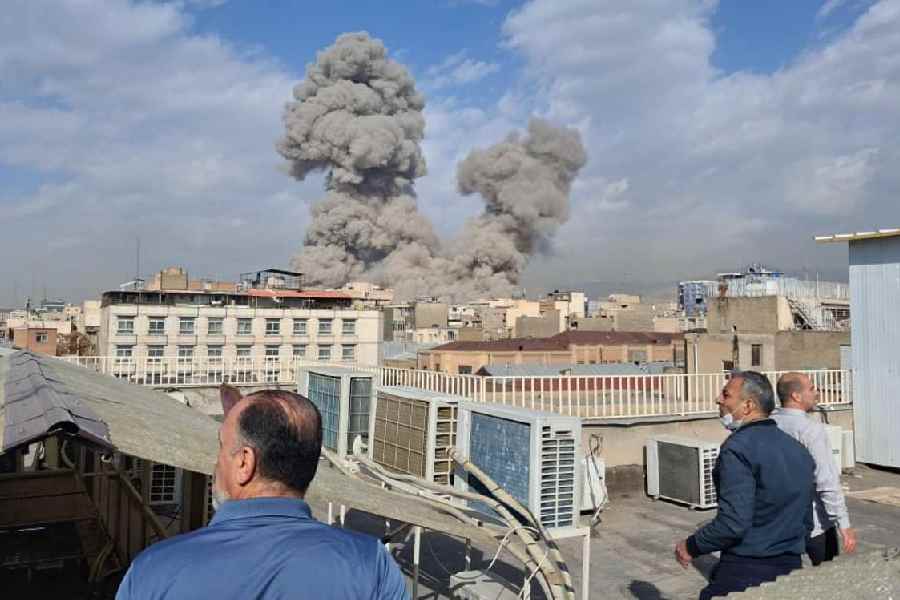A new school has come to town. Delhi Public School (DPS) has finally forayed into Calcutta, after setting up 112 institutions in 12 countries. With a science room and swimming pool, a counselling room and multimedia centre, a physical fitness centre and much more, DPS-Kolkata, coming up at Ruby Park, off the Eastern Metropolitan Bypass, promises to equal the DPS standards worldwide.
Salman Khurshid, president of the DPS Society, points out that the Calcutta school had been on the agenda for over five years, but took time to become a reality due to logistical problems. “Buying acres of sprawling land in a big city like Calcutta was always a problem, but we weren’t going to compromise on our standards. So we had to wait. Two years ago, everything started falling into place.”
Starting with nursery to Class III, the strategy is to add a class or two every academic year, with the latest Central Board of Secondary Education (CBSE) syllabus. Admissions are on in full swing for the session beginning this April. The primary school, till Class V, is nearly complete after a year of construction, and covers an area of an acre. The secondary section, which will take a few more years, is an eight-acre space, housing everything under one roof, from volleyball and tennis courts to a cricket ground and hostel blocks. The Rs 20-crore-plus project is still about three or four years from the finishing line, with the land for the secondary school, on the Bypass, “partly bought”.
And this could just be the opening chapter. “We plan to have more DPS’ in this city,” says Khurshid. “Calcutta is a particularly big challenge, because it is a well-educated and informed community, with a lot of good schools. But what we can offer, that no other school can, is dissemination of information through our satellite network. What one good school or even two or three of them in one city can’t do, DPS can, because we can apply what works in one place at the others.”
Parents in Calcutta, eager to grab the opportunity of quality public-school education for their children, are already queuing up for admissions. “We haven’t even advertised yet, but we’ve already got over 2,000 applications. Our campaign has mostly been through word of mouth, because we knew how popular DPS would be in Calcutta,” says S.S. Agarwal, of the Dayal Educational and Cultural Society, local collaborators for the mega school project.
“This city, no doubt, is badly in need of more quality schools. Parents want their children to get a good education, but there aren’t enough places providing it. In that sense, even one DPS, which will accommodate about 3,000 students from Class I to XII, is not enough. But it’s a start,” adds Agarwal.
Devi Kar, principal of Modern High, agrees that Calcutta could do with more such schools. “There are more students than places available. Another school is always welcome. In that sense, DPS coming here is a good thing.”
It’s an all-round development of a child that DPS pledges, with direct involvement of parents, and trained teachers. Extra-curricular activities will be emphasised just as much as academics, evident from the plans for a music room, dance room, arts studio, audio-visual complex and meditation centre.
Modern methods of learning and state-of-the-art study techniques are definitely the focus at DPS, with live demonstration techniques in the classroom from nursery onwards and a well-stocked library, with encyclopaedias as well as comics. At DPS, quiz and general knowledge will be as important as gymnastics and gardening.
“The principal and a group of senior teachers will be brought from some other DPS to Calcutta. Then, of course, we will recruit teachers from here, who will be sent to other centres for training programmes. They will know what to add to suit the local needs,” adds Khurshid.
Nothing is rigid, explains the Congress leader. But there are certain things that have to be followed, like extra-curricular activities, from drama to sports. “We have in Delhi the Educational Management Centre, which advises on the curriculum on specific, non-academic subjects, for instance, the environment and art heritage. It’s all part of the education DPS provides.”
While there are few question marks about the “quality” of the DPS network, an over-emphasis on the extra-curricular should be guarded against, warns Indranath Guha, former principal of South Point.
“A balance must be maintained as, finally, it is the curriculum that counts. Parents send their kids to school for an education, not to learn tennis or cricket. For that, there are academies,” observes Guha.


